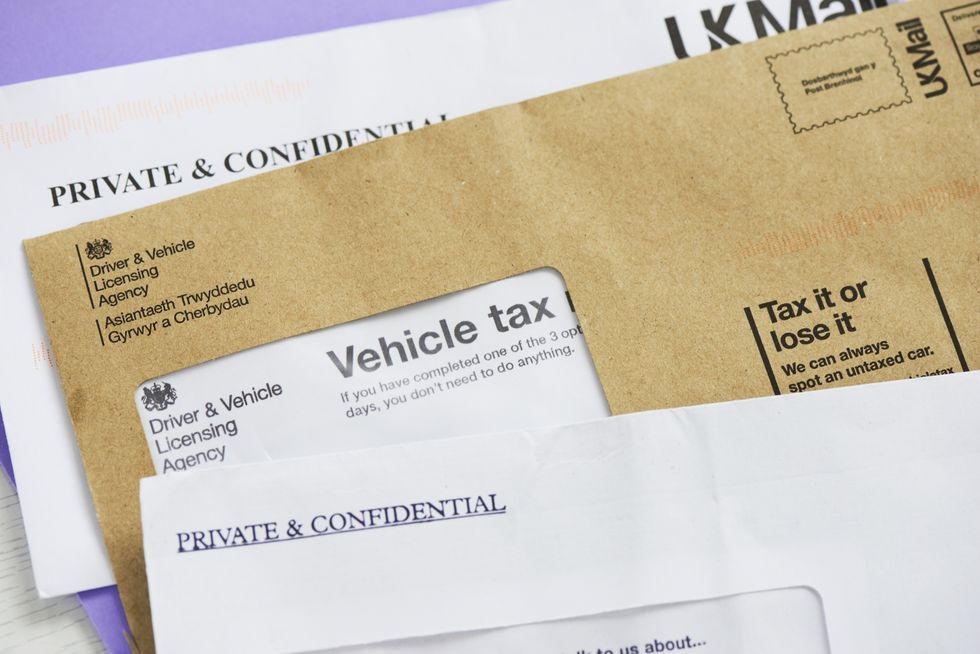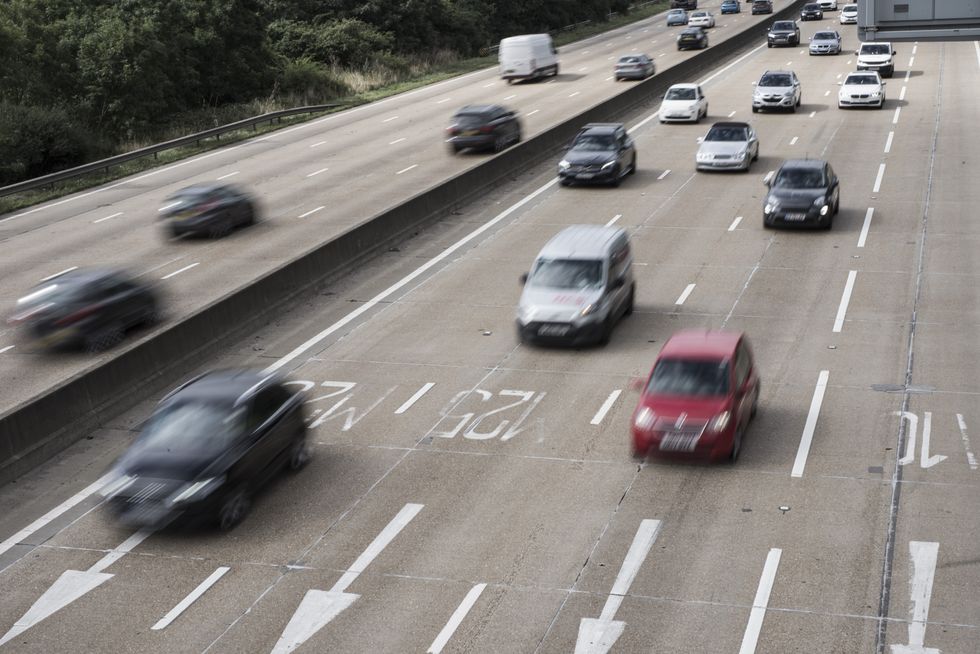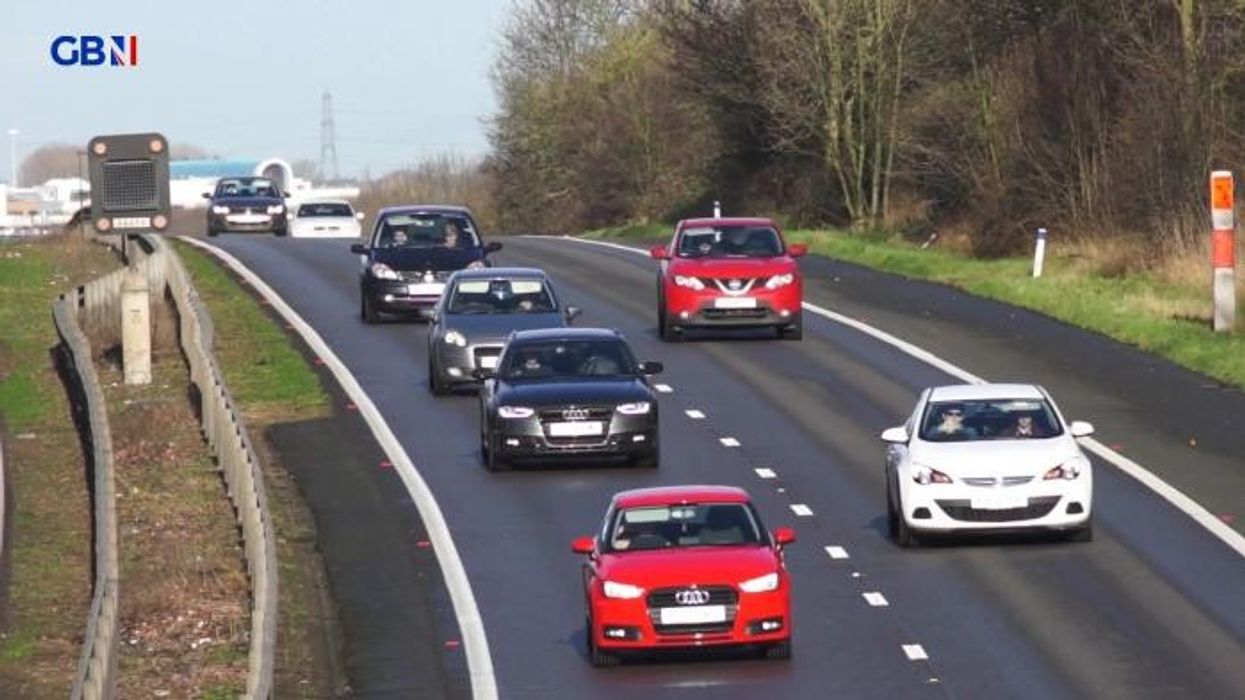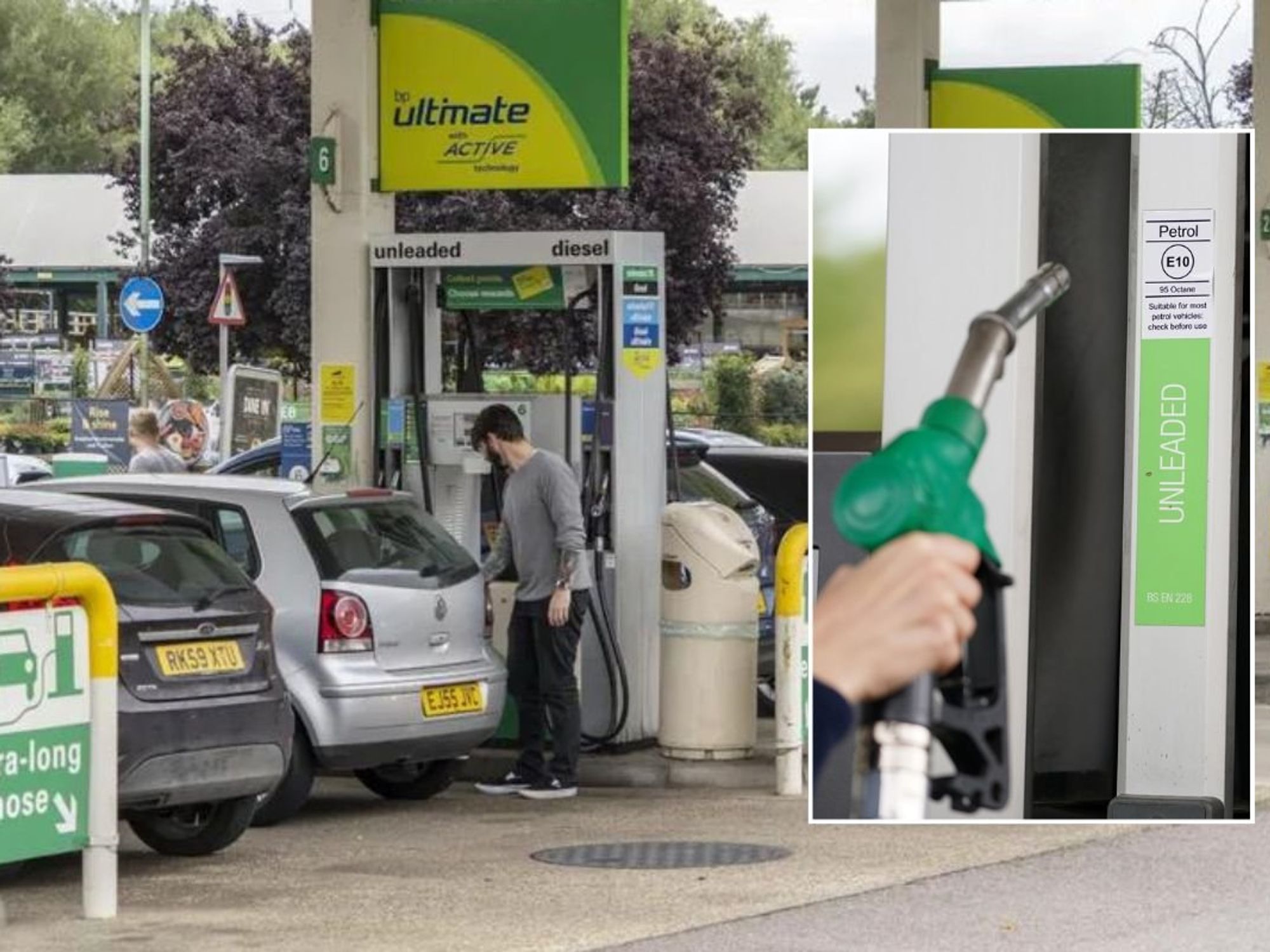Car tax changes launching in April will punish petrol and diesel drivers with 'substantial increases'

Higher polluting cars pay more in tax
Don't Miss
Most Read
Latest
Drivers are being warned that the upcoming car tax increases in April will add more pressure on petrol and diesel drivers who are being urged to switch to an electric vehicle.
Vehicle Excise Duty rates are set to rise on April 1 and fall in line with the retail price index which changes with inflation.
As a result of this, drivers are expected to now pay more on this tax which penalises vehicles with higher emissions rates.
While the changes don’t affect owners of electric vehicles this year, next year they will lose their exemption and be required to their pull weight and will be subjected to fees.
Do you have a story you'd like to share? Get in touch by emailing motoring@gbnews.uk
 Vehicle Excise Duty rates are set to rise on April 1 | GETTY
Vehicle Excise Duty rates are set to rise on April 1 | GETTYA spokesperson for Motor Match, said: "The new VED rates, tied to the retail price index, highlight the importance of understanding the environmental impact of your vehicle.
“Drivers with cars that produce higher levels of pollution will experience more substantial increases.
“Consider the eco-friendliness of your vehicle and explore cleaner alternatives to minimise the impact on your wallet.
"Electric car owners currently enjoy exemption from VED fees, providing a cost-effective and environmentally friendly option.”
However, the spokesperson added that this exemption could change from April 2025 and that drivers should keep a close eye on future developments and consider transitioning to electric as early as possible.
The spokesperson explained that if a driver recently purchased a brand-new car or owns a vehicle that was valued at over £40,000 when it was first registered, they should prepare themselves for additional costs.
The expensive car supplement will come into play, adding to their annual bill, Motor Match stated.
For drivers of older cars, especially those registered before March 1, 2001, the tax rate is based on the engine size rather than the vehicle’s emissions, so understanding which engine group the vehicle sits in will be key.
As rates vary based on emission levels, Motor Match said to be proactive in checking a car's category and anticipate any adjustments to yearly taxes.
The Government explained that by increasing VED rates to fall in line with inflation it will ensure that the levy receipts are maintained in real terms and that motorists make a fair contribution to the public finances.
The increased VED was announced in the Autumn Statement last year by the Chancellor of the Exchequer, Jeremy Hunt.
The measure will impact all cars, vans, motorcycles and motorcycle trade licences within the UK and comes into effect after April 1.
LATEST DEVELOPMENTS:

The car tax changes were announced in the 2023 Autumn Statement by Jeremy Hunt
| GETTYVED is a tax on vehicles used or kept on public roads with rates varying depending on the vehicle type, its characteristics such as emissions and its date of first registration.











